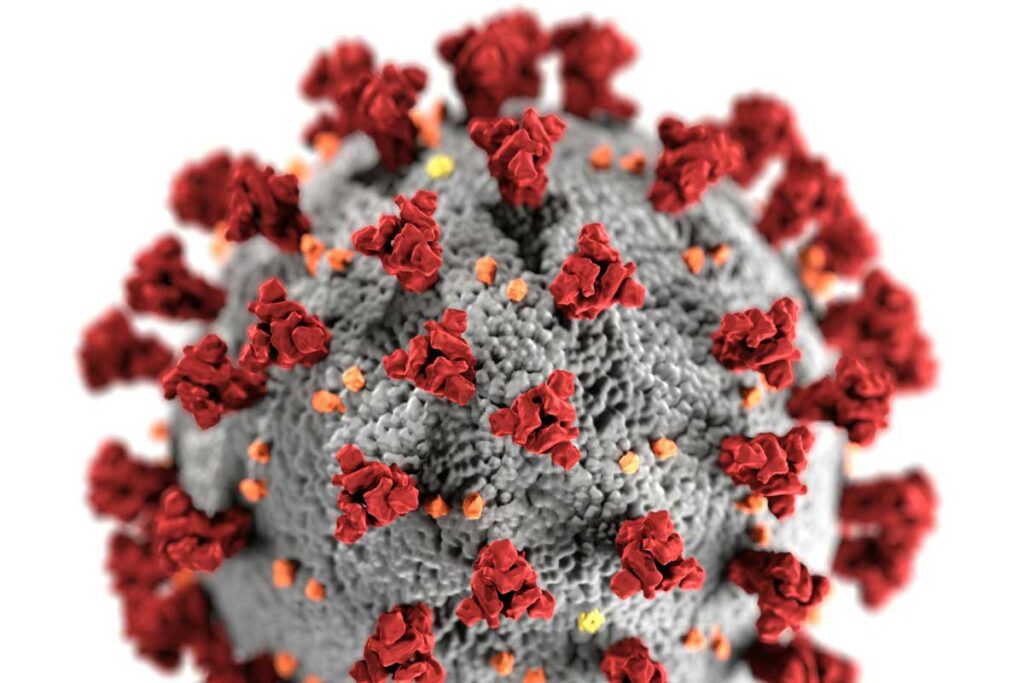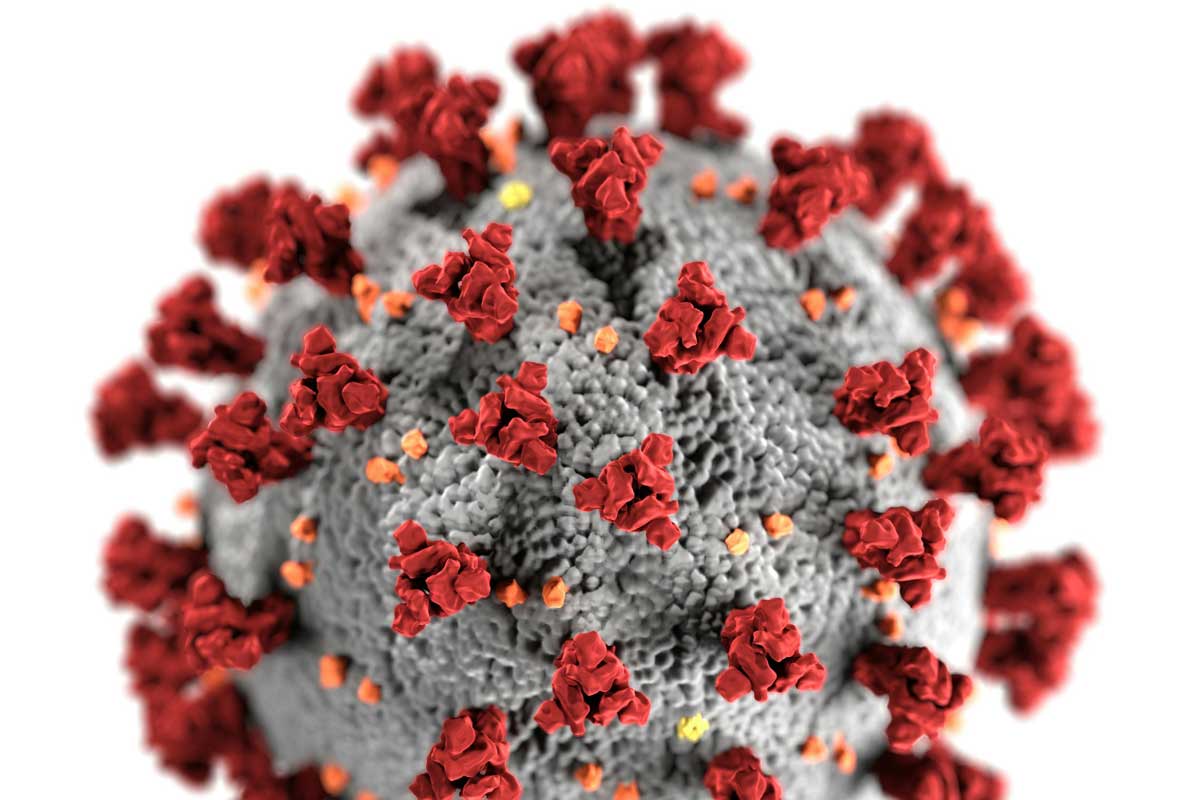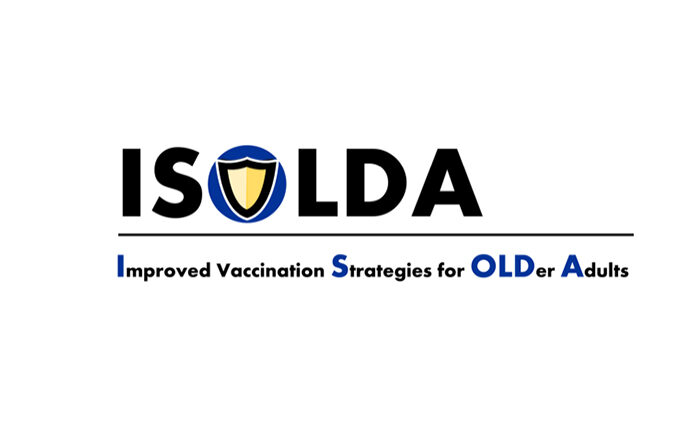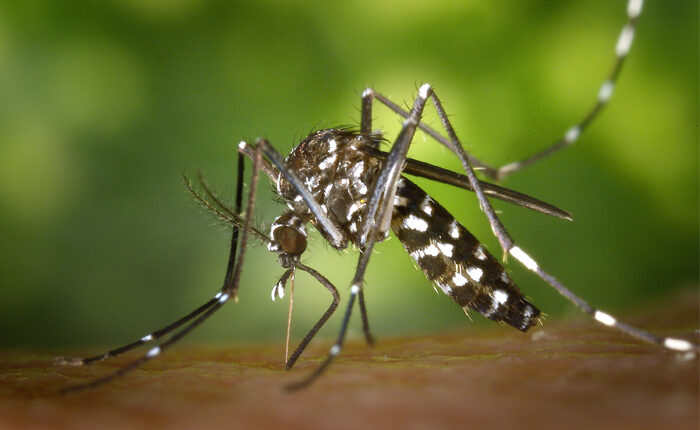
5 MAR 2020
Update COVID-19: Safeguarding Health and Safety
As a result of the COVID-19 pandemic, CR2O has adapted its contingency plan aimed to guarantee the safety and well-being of patients, employees, clients and continuity of our services. By following recommendations from Regulatory Authorities (local, EMA and FDA), CR2O continues to focus on patient safety and maintaining compliance with GCP under the current restrictive circumstances.
CR2O will remain fully operational during the COVID-19 pandemic. If you have any question, please contact us on: info@CR2O.nl / +31 (0)85-071 74 01.





